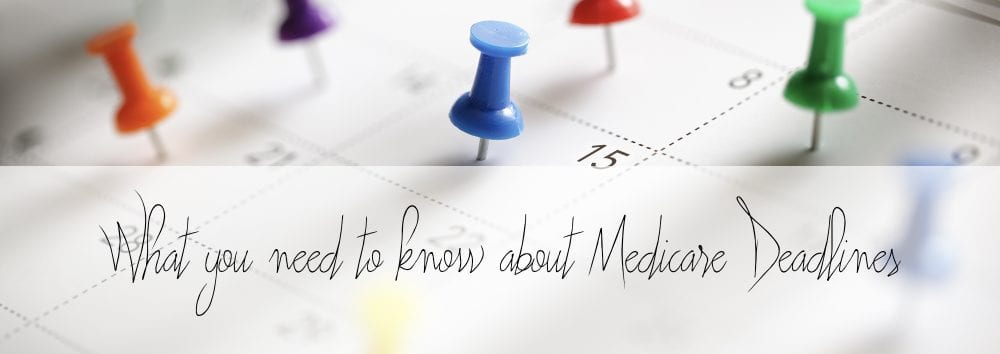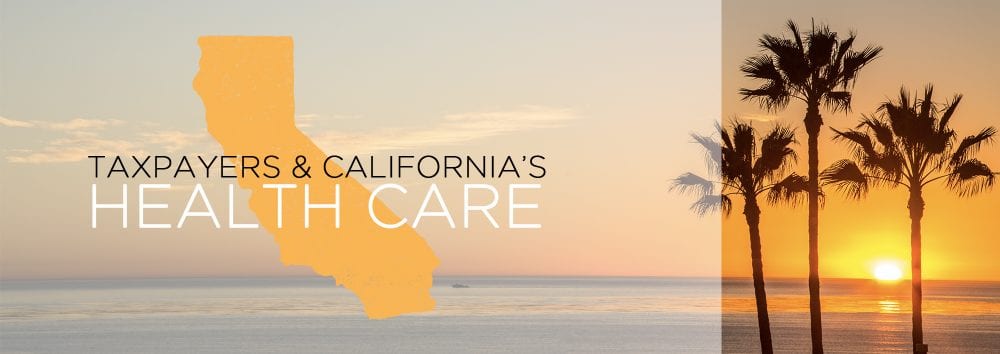There are some people in the world that just know things. They are the mavens that can rattle off facts, dates and details that the rest of the population just never grasped. This blog post is not for them. This post is for those of us who don’t know the first thing about Medicare and the deadlines needed to sign up.
So first things first. You become eligible for Medicare when you turn 65. But the deadlines for signing up extend to the months that surround you birthday. However, there is an exception if you already are receiving Social Security benefits you are automatically enrolled in Medicare A and B. But if that is not the case then you need to sign up yourself. You have a window of enrollment that last seven months. The seven month window begins three months before your birthday month, goes through your birthday month and continues on for the next three months after your birthday. So if your birthday was in June you could sign up for Medicare starting March 1st and it would end September 30th. If you miss this deadline you can join during open enrollment from January 1 to March 31 each year.
The reason that you will want to make sure that you sign up during these seven months is so you will avoid any fees that come with signing up late. The monthly Part B premiums will be raised by 10% for each 12 month period you wait to sign up for Medicare. “The idea behind the penalty is to give people a financial incentive to enroll in insurance from the get-go as opposed to waiting until they have some kind of negative health event,” says Mark Duggan, an economics professor at Stanford University.
It is important to note that if you or your spouse are still working for an insurance providing company when you or your spouse turn 65 it is not mandatory to enroll at that time, you can stay with your current provider. However, once the household member that they insurance is provided through retires then you will need to enroll. You will have an 8 month period enrollment time. The 8 month time period starts the month after the employment ends or when your insurance coverage from that job ends.
We hope this information helps, but if you have more questions please feel free to contact us at Bernardini & Donovan






